Upcoming OTA Info Session OTA Application Program Expectations
Applications are now being accepted for the Fall 2026 OTA Program.
Prerequisite courses for the OTA application have now been added. Please see the Program Admission section below for details.
Watch additional videos about the OTA Program at RCC.
Why Study Occupational Therapy?
Do you want to make a difference in the lives of individuals facing challenges due to life circumstance, illness, injury or disability?
Do you like to be creative, solve problems or be physically active?
Are you looking for a challenging and rewarding career with an excellent job outlook?
If yes, then a career as an Occupational Therapy Assistant (OTA) could be for you.
According to the Bureau of Labor Statistics the job prospects for Occupational Therapy Assistants is excellent with a projected growth of 25% from 2021- 2031.
US News ranked OTA as #19 on the 100 Best Jobs in the US. Occupational Therapy Assistants (OTA) work with people to improve their ability to participate in the daily activities they want and need to do. OTA sessions focus on what is meaningful and valuable to a given patient. Daily life activities (occupations) are used during treatment sessions to promote health, well-being and participation in life.
Occupational Therapy Assistants work with people of all ages and in many different settings such as public schools, hospitals, outpatient clinics, home health care and mental health programs.
OTAs are trained to intervene with all ages and in all settings but once working, an OTA can choose a specialty or change their specialty to meet their career needs.
OTAs work under the supervision of an Occupational Therapist and are licensed health care providers in NY and NJ.
Sixteen weeks of fulltime clinical fieldwork prepares students to be “Real World Ready” upon finishing the program.
Learn more about careers in occupational therapy at Why Choose OT?
Why Choose RCC?
VALUE – Affordable, nationally accredited program with small class sizes. Financial aid and scholarships available to both full and part-time students.
FLEXIBLE – Both full-time and part time schedules are available to accommodate work, family and other commitments. On campus childcare is available.
PRACTICAL EXPERIENCE – Hands on learning experiences are provided throughout the program in the OT labs, and in diverse community and in OT practice settings.
DEDICATED FACULTY – Highly skilled and experienced faculty from all areas of practice. Free learning support offered for all classes.
PROVEN RESULTS – RCC students perform exceptionally well on the National OTA Certification Examination.
| Year | 2024 | 2023 | 2022 | 2021 |
|---|---|---|---|---|
| % passing exam | 100% | 100% | 100% | 96% |
Program results from the National Board for Certification in Occupational Therapy can be found online at: https://www.nbcot.org/Educators-Folder/SchoolPerformance
NBCOT
One Bank Street, *Suite 300
Gaithersburg, MD 20878
301-990-7979
Accreditation
*The OTA Program was awarded ACOTE Accreditation with Conditions for a period of 10 years from 2023/2024 to 2033/2034.
The Occupational Therapy Assistant Program is accredited by the Accreditation Council for Occupational Therapy Education (ACOTE) of the American Occupational Therapy Association (AOTA), located at 7501 Wisconsin Avenue, Suite 510E, Bethesda, MD 20814. ACOTE’s telephone number, c/o AOTA, is 301-652-6611. (www.acoteonline.org)
Certification
Graduates of the program are prepared to sit for the national certification examination for the occupational therapy assistant administered by the National Board for Certification in Occupational Therapy (NBCOT). https://www.nbcot.org
After successful completion of this exam, the individual will be a Certified Occupational Therapy Assistant (COTA).
Licensure
In addition to national certification, New York State, New Jersey and most other states, require licensure in order to practice occupational therapy. Individuals who have successfully completed the National Certification Examination are qualified to become licensed as an occupational therapy assistant.
https://www.op.nysed.gov/occupational-therapy-assistants
Graduates
100% of graduates responding to our survey in 2020 – 2022 were employed following completion of the OTA program and the certification examination.
School of Nursing, Health and Wellness
Degree Tracks & Course Sequence
Associate of Applied Science (AAS): Occupational Therapy Assistant
Real World Ready
Listening to workforce needs
Graduates of Rockland Community College are provided with a clear path to meaningful careers that meet the needs of businesses and industry in the communities we serve. Our students are trained in specific skills that are needed by employers, and guided through a career path that leads directly to workforce opportunities. With affordable tuition, students who begin their college careers at RCC are ready to meet the demands of the real world.
Free Career Exploration Assessment [ACCESS CODE: pathways]
Student Success
At Rockland Community College, you are provided with a Student Success Team that will help you with your academic journey, career exploration, transfer planning, support service referrals, and more! Your Team includes your Dean, Program Director, Faculty Advisor, Student Success Advisor, Connection Center Counselor, Financial Aid Advisor, Peer Mentors, and if you’re involved in any of these special programs, your Athletics, Honors, TRiO, and Veterans Advisors. During your first semester, you will take an ‘Introduction to the School’ course that will outline the various College offices and departments that can help you on your path.
Career Outlook
OTA graduates develop the skills necessary to work in a variety of healthcare settings, schools, out-patient clinics, pediatric settings, and home care settings.
Job Roles
Under the supervision of an Occupational Therapist, Occupational Therapy Assistants work with people, groups or populations to address those aspects of their performance that affect health, well-being and quality of life.
Industries
Opportunities for change and variety characterize the outstanding range of career options in occupational therapy. You will be welcomed by employers including public schools, rehabilitation hospitals, mental health centers, nursing homes, physician practices, and home health agencies.
Careers
Occupational Therapists
Occupational Therapy Assistants
Employment and wage data by occupation are based on the Occupational Employment Statistics (OES) survey, which collects information from approximately 51,000 businesses. bls.gov

